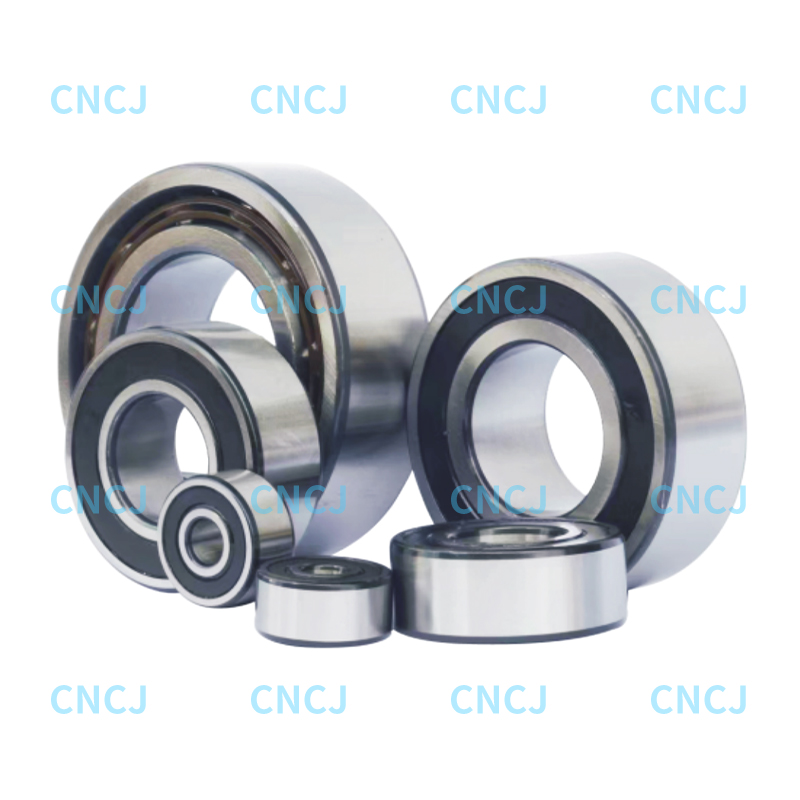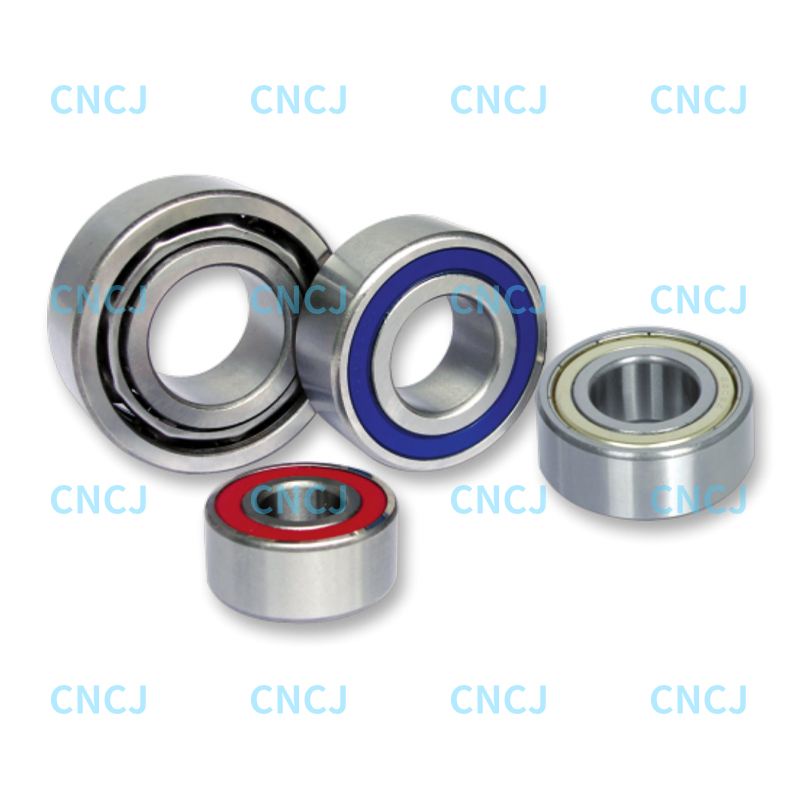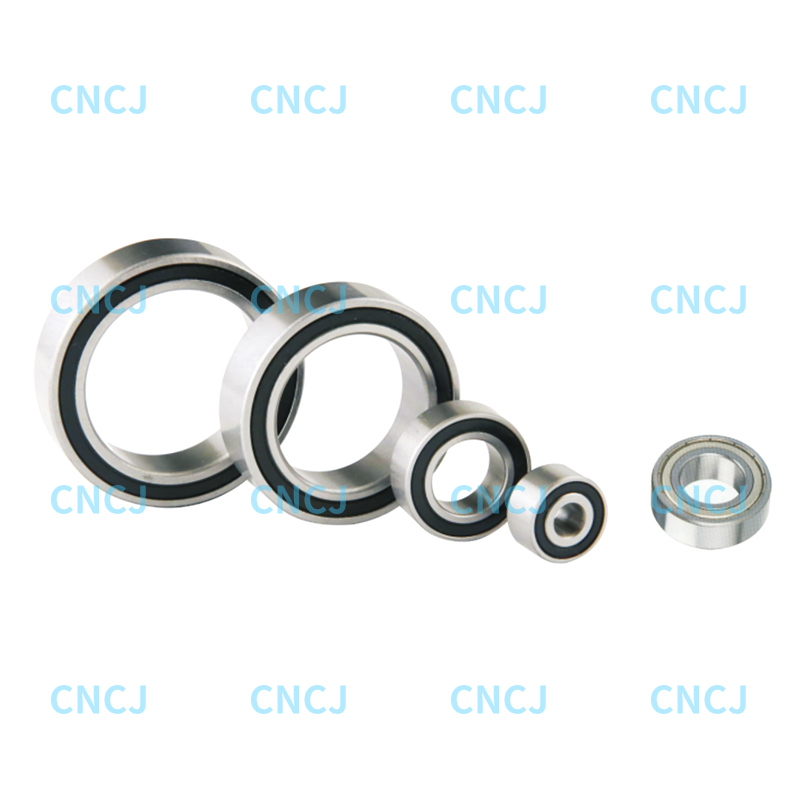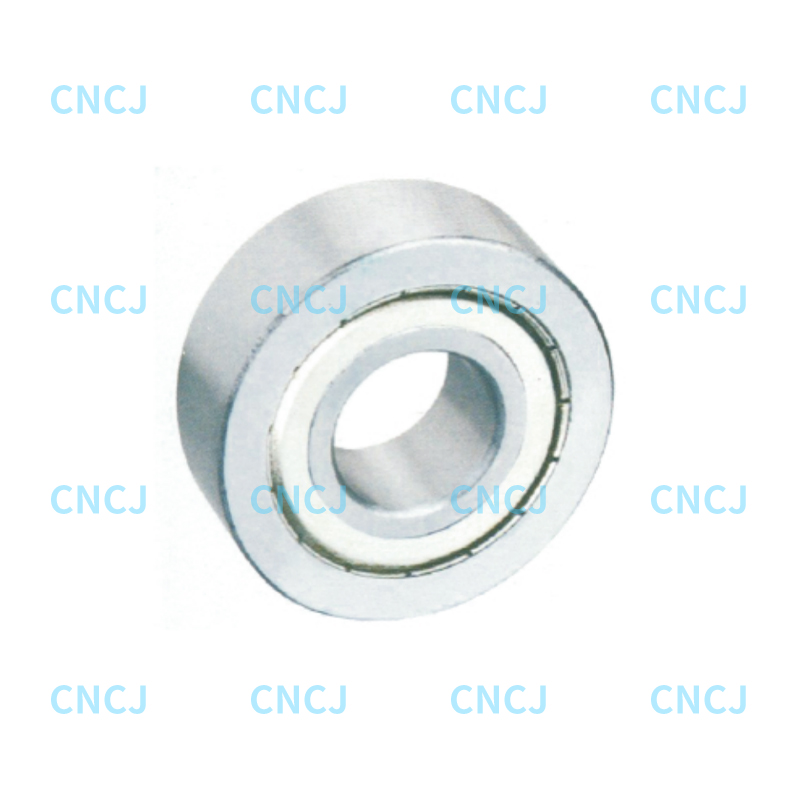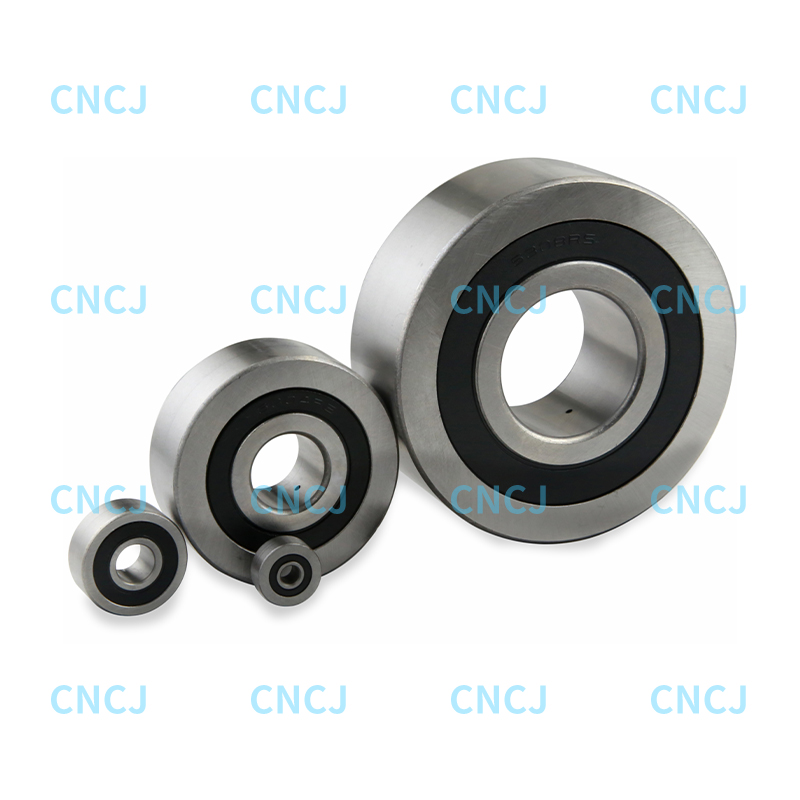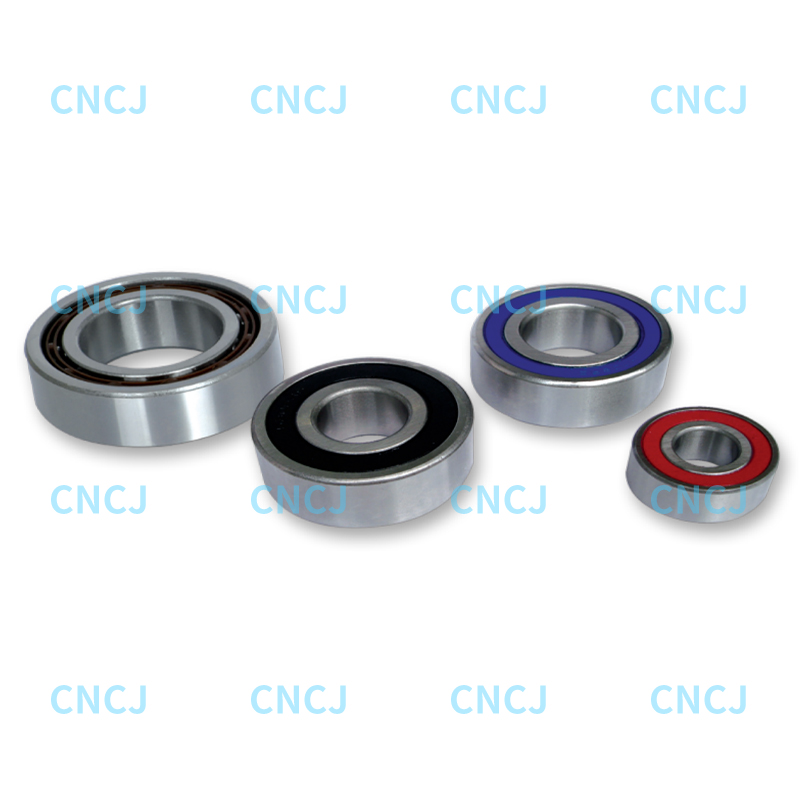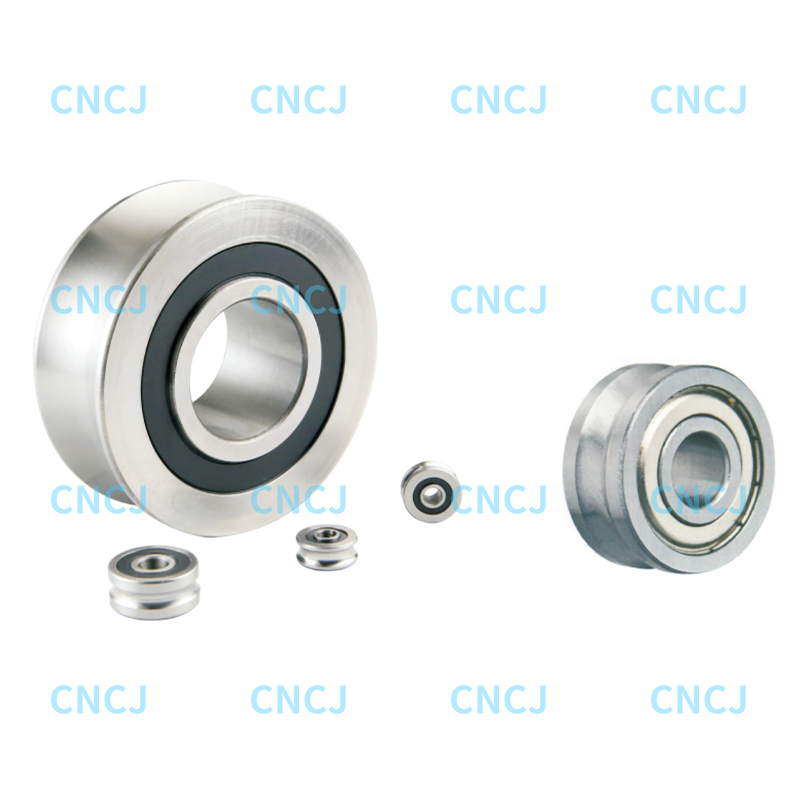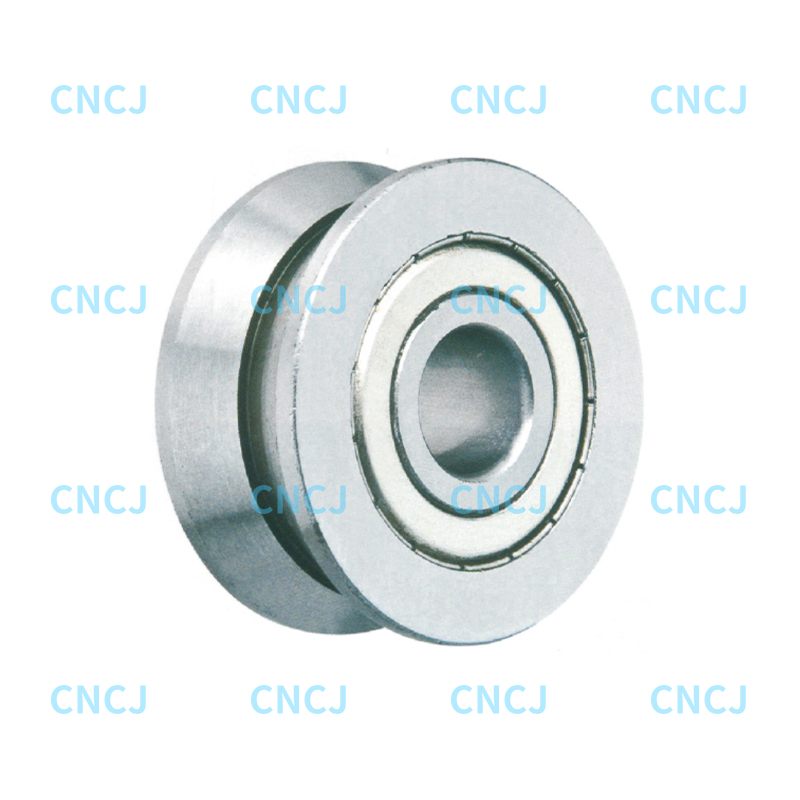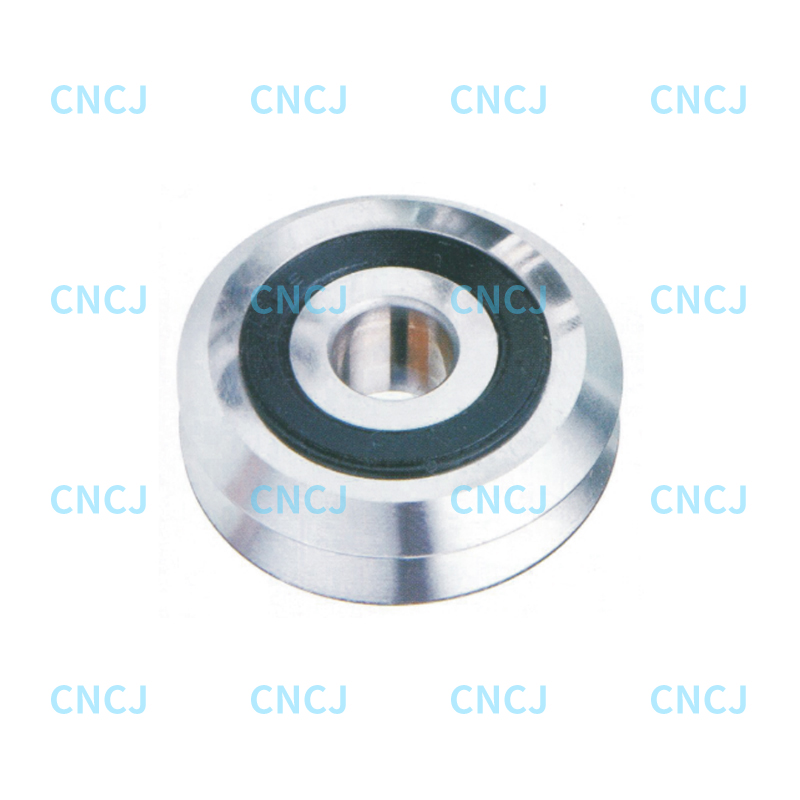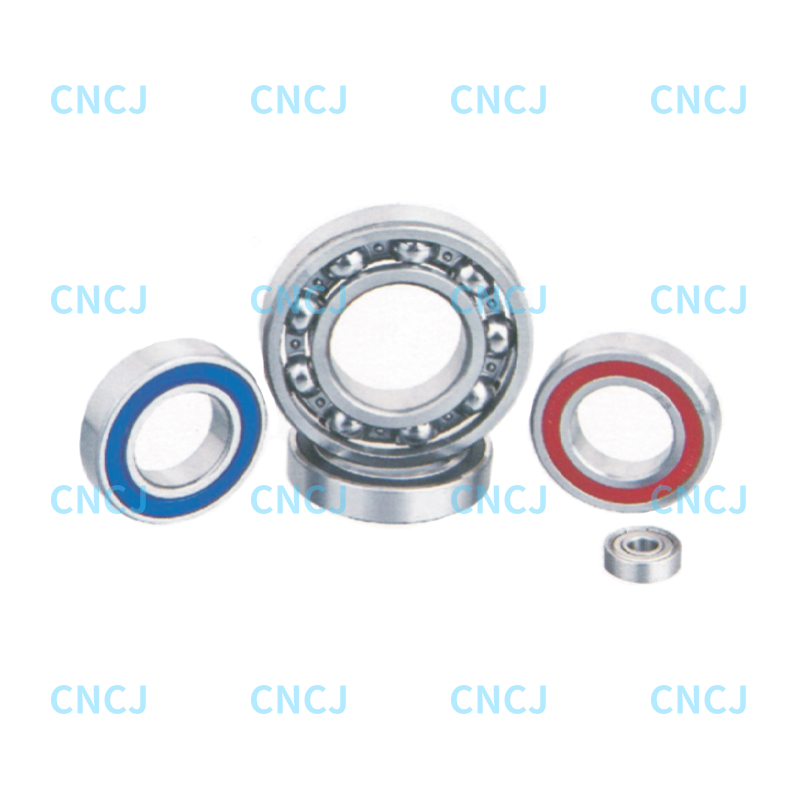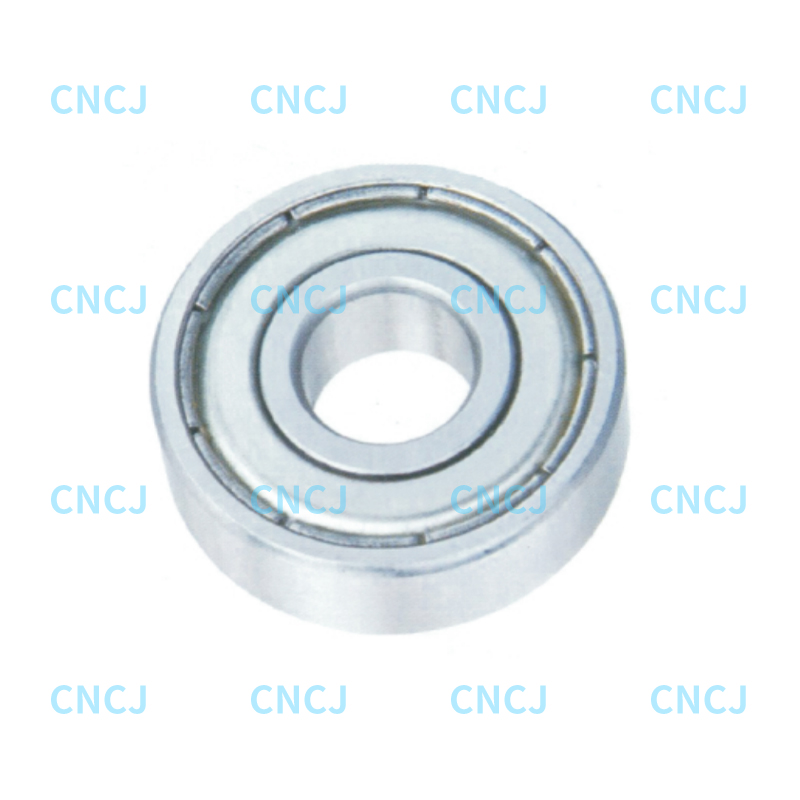Deep groove ball bearings play a vital role in the smooth and efficient operation of various mechanical systems. Their primary function is to support both radial and axial loads while enabling rotational or linear movement with minimal friction. This unique combination of load-carrying capacity and low-friction performance makes deep groove ball bearings an essential component in countless applications across multiple industries.
Radial and Axial Load Support
One of the most significant functions of deep groove ball bearings is their ability to handle both radial and axial loads simultaneously. Radial loads are forces that are perpendicular to the axis of rotation, typically encountered in rotating shafts or wheels. Axial loads, on the other hand, act along the axis of rotation and arise from forces pushing or pulling the shaft in the direction of its length. Deep groove ball bearings are uniquely designed with a deep groove structure that allows the balls to remain in place under these load conditions, offering reliable support in various demanding environments.
This dual-load capacity is crucial in applications such as electric motors, gearboxes, and pumps, where both types of loads are present. The deep grooves in the raceways of these bearings allow for the even distribution of forces, reducing wear and prolonging the bearing’s lifespan.
Low Friction for High Efficiency
Another key function of deep groove ball bearings is their ability to reduce friction between moving parts. Friction is a major cause of energy loss in mechanical systems, leading to inefficiency, excessive heat, and wear. The spherical rolling elements within deep groove ball bearings are designed to minimize surface contact with the raceways, thereby reducing friction and allowing for smooth rotational motion.
This reduction in friction not only improves the energy efficiency of the system but also extends the operational life of the machinery. In high-speed applications, such as electric motors and automotive components, the low friction properties of deep groove ball bearings are essential for maintaining performance and reliability over time.
Versatile Applications Across Industries
The versatility of deep groove ball bearings is evident in the wide range of industries and applications they serve. These bearings are commonly found in automotive, aerospace, manufacturing, and home appliances. For instance, in the automotive industry, deep groove ball bearings are used in transmissions, wheel hubs, and alternators due to their ability to support high-speed rotation and moderate loads. In electric motors, they ensure smooth operation by reducing friction and providing precise radial support.
Additionally, deep groove ball bearings are often used in pumps, conveyors, and industrial machinery where reliable, continuous operation is critical. Their compact design and ease of installation make them a popular choice for engineers seeking efficient and durable solutions for rotational applications.
Long-Lasting Performance
The design of deep groove ball bearings also contributes to their durability and long service life. The bearings are typically made from high-grade steel or ceramic materials that are resistant to corrosion and wear. Many deep groove ball bearings are sealed or shielded to prevent the entry of dust, dirt, and moisture, further enhancing their longevity and reducing the need for frequent maintenance.
The ability of these bearings to operate in challenging environments, from high temperatures to heavy loads, makes them a reliable choice for critical applications. Additionally, their cost-effectiveness and low maintenance requirements make them an attractive option for manufacturers seeking to maximize uptime and reduce operational costs.

 English
English 中文简体
中文简体 Deutsch
Deutsch Español
Español